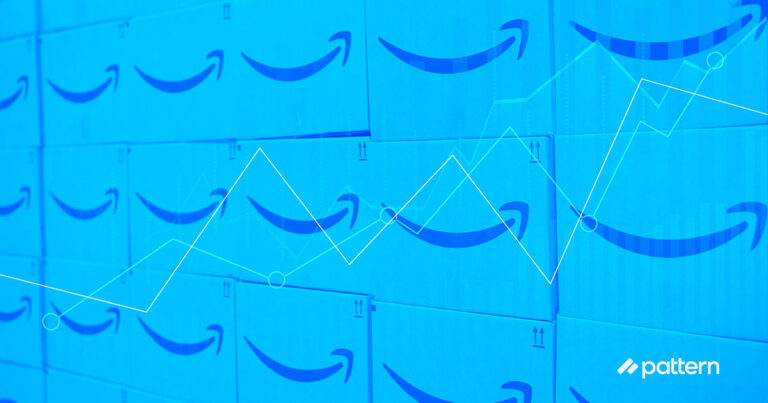Jumia is starting to be mentioned by our clients and contacts as the most professional marketplace serving North Africa.
The NYSE-listed business, is part-owned by Berlin-based incubator Rocket Internet, and was founded by two ex-McKinsey consultants. With a gross merchandise value of US$938 million in 2018, it is quickly buidling a valuable customer base.
We take a look at who the marketplace serves, and why it’s catching the attention of brands who want to access African consumers.
Which markets does Jumia serve?
The marketplace operates in 14 African countries from Kenya to Egypt to Uganda. The 14 markets it serves account for 74% of African consumer spending. At the end of 2018 it had 4 million active shoppers and 81,000 active sellers, where active is defined as having placed an order or made a sale in the last 12 months.
What products does Jumia sell?
With a transaction occurring every 2 seconds, there is no lack of purchasing power in Africa. Jumia offers over 29 million products and services. Like Amazon, it aims to be a one-stop shop selling everything from electronics to fashion to groceries to travel experiences to TV subscriptions.
How could Jumia help you overcome barriers to business in Africa?
Logistics are a common barrier to entry. There are relatively low levels of urbanisation, poor postal systems and transport links, and many cities have no formal address system.
Jumia offers logistics and fulfilment services through Jumia Logistics, including delivery and drop-off stations in certain markets, handling 13.4 million packages in 2018.
Additionally, many consumers don’t have bank accounts in North Africa, and mobile payments are still in their infancy. Jumia has its own payment system JumiaPay, and also offers a cash on delivery payment option.
What is the growth opportunity in African ecommerce?
Ecommerce penetration is currently low in Africa in comparison with global penetration. However while the global growth rate of ecommerce is 17%, Africa’s ecommerce is growing at 26%.
Jumia is managing barriers to ecommerce penetration like poor internet connections and low literacy rates through innovative programs such as J-Force. J-Force is a network of commissioned sales agents who can place orders on behalf of digitally disconnected or illiterate consumers.
It is perhaps unsurprising that Jumia has been ranked among the smartest companies in the world by Massachusetts Institute of Technology.
Mobile markets aid marketplace expansion
While the present state of ecommerce is lagging, Africa’s population is increasingly digitally connected, with 400 million internet users.
Significantly, Africa is a mobile-first market as many Africans’ first internet access came through their smartphone. The way many consumers browse, shop and pay is inherently mobile, which is priming the continent for an ecommerce growth spurt.
Finally, with a population of 1.2 billion and a middle class on the rise, perhaps Africa’s real potential lies in the size of its population. There are inevitably immense market share opportunities for early entrants to dominate an untapped market which is only expanding.
For more information on how Pattern can help to increase your online sales, develop your marketplace strategy or enter emerging markets please contact us here.



